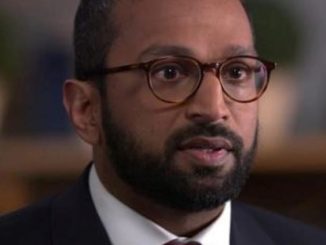
Yet the evidence seems to indicate that many of these decisions may have been solely about raising a hand or walking forward— and nothing else. Raised hands and walks forward are counted as “decisions” for Christ.

We’ve reduced conversion to a numbers game. While under our care, our students will go no deeper than we go ourselves. Develop a reading list that’s deep and wide in theology, missions theory, cultural critique, spiritual disciplines, and biblical studies. Pray for and pursue a passion and hunger for God that is fed by study, reflection, and meditation on God’s Word. We are first called to be about a life-changing message and its way of life, which is the substance we pass on as we spend time with kids. In youth ministry we are not just called to be with students. I believe we would see a radical change in students if we viewed youth ministry more as who we are. James Emery White, in his book A Mind for God, quotes Billy Graham as saying, “I’ve preached too much and studied too little.” We get locked into believing that a set of skills and the right programs and games are going to lead students to spiritual maturity—as if youth ministry is only what we do. Tend to your owntheological and spiritual vitality. If we’re going to take kids deeper, away from Moralistic Therapeutic Deism and an immature spirituality, to spiritual maturity in which they live out Jesus’ message, what should we be doing differently? Here are five suggestions— imperatives?—for equipping students to live out their faith in God’s world.ġ. Moralistic Therapeutic Deism provides a framework that allows our youth-group kids, like Seth and his girlfriend, to live by some frightening theological conclusions. The dominant beliefs are that God wants us to be good, happy, and feel good God’s there for us when we need His help and if we’re good, we’ll go to heaven.ĭoes this sound familiar? It’s all around us. Smith describes an emerging new faith he tags as Moralistic Therapeutic Deism.

Smith has published the results of ongoing research in a book written with Melinda Lundquist Denton, entitled Soul Searching: The Religious and Spiritual Lives of American Teenagers (Oxford University Press, 2005). My strong suspicions were recently confirmed by hard data and observations reported by sociologist Christian Smith.

How did that beautiful sophomore come to that conclusion? Something in our youth ministry model was—is—malfunctioning. It shook me up so much that I have thought about it ever since.


 0 kommentar(er)
0 kommentar(er)
